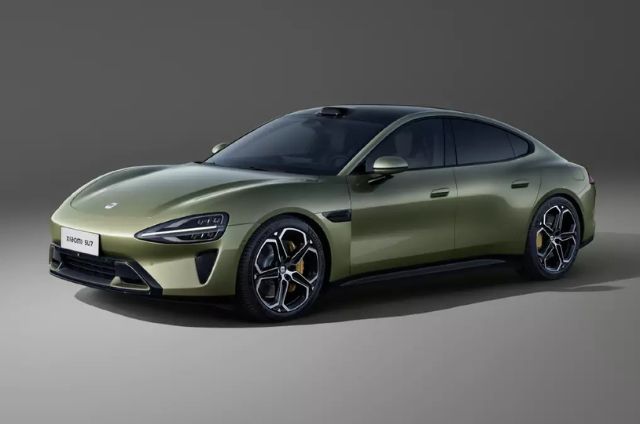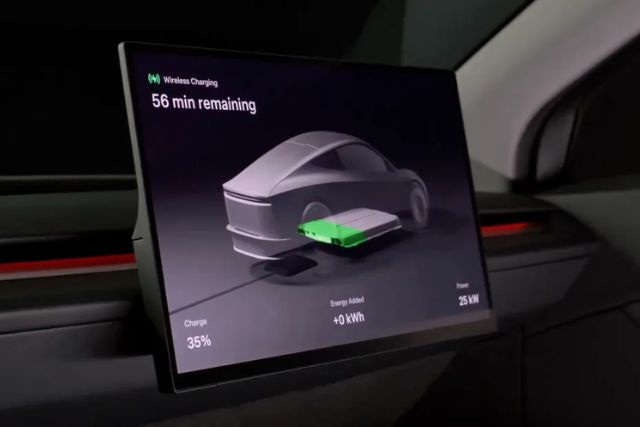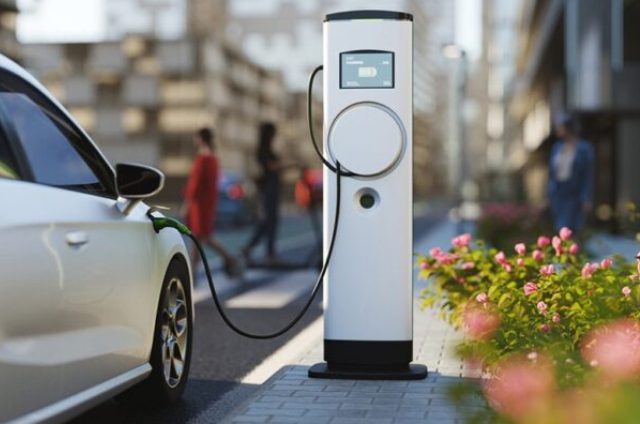Xiaomi’s Battery Ambitions Just Got Serious
Xiaomi isn’t just building smartphones, scooters, and smart home gadgets anymore. After turning heads with its sleek SU7 electric sedan, the Chinese tech giant is now going after the biggest battery breakthrough in the EV world: solid-state technology.
This week, Xiaomi filed a patent for a next-generation solid-state battery that could dramatically boost range and charging speed. According to reports, the battery design may deliver up to 745 miles of range on China’s CLTC cycle. Even more impressive, Xiaomi claims the pack could add nearly 500 miles in just 10 minutes of charging.
Solid-State: The Holy Grail of EVs
Unlike today’s lithium-ion batteries, which use a flammable liquid electrolyte, solid-state batteries swap that for a solid one. The payoff? Higher energy density, faster charging, and lower fire risk.
Xiaomi’s patent centers on a re-engineered structure for the anode and cathode, the battery’s two main components. This layout shortens the distance ions need to travel, improving efficiency and reducing charging time.
Realistic or Overhyped?
To be fair, Chinese range estimates tend to run about 30–35% higher than U.S. EPA standards. So that claimed 745 miles would likely be just under 500 miles of real-world range. Still, it would put Xiaomi among the industry’s top range leaders.
More importantly, Xiaomi says this battery could be produced using existing lithium-ion production lines. That’s a major edge over rivals who would need to build new factories—an expensive and time-consuming hurdle.
From Phones to the EV Frontlines
Xiaomi’s SU7 has already disrupted China’s EV space, with over 136,000 units sold in its first year—more than all of GM and Ford’s EVs in China combined. The SU7 currently uses LFP batteries from BYD and CATL. But as the market turns into an all-out tech war, Xiaomi is clearly aiming higher.
Now, it joins battery giants like Toyota, BMW, Mercedes, and BYD in the race for solid-state dominance. These batteries may not hit mass production until later this decade—but Xiaomi isn’t waiting on the sidelines. It’s gearing up to lead.



